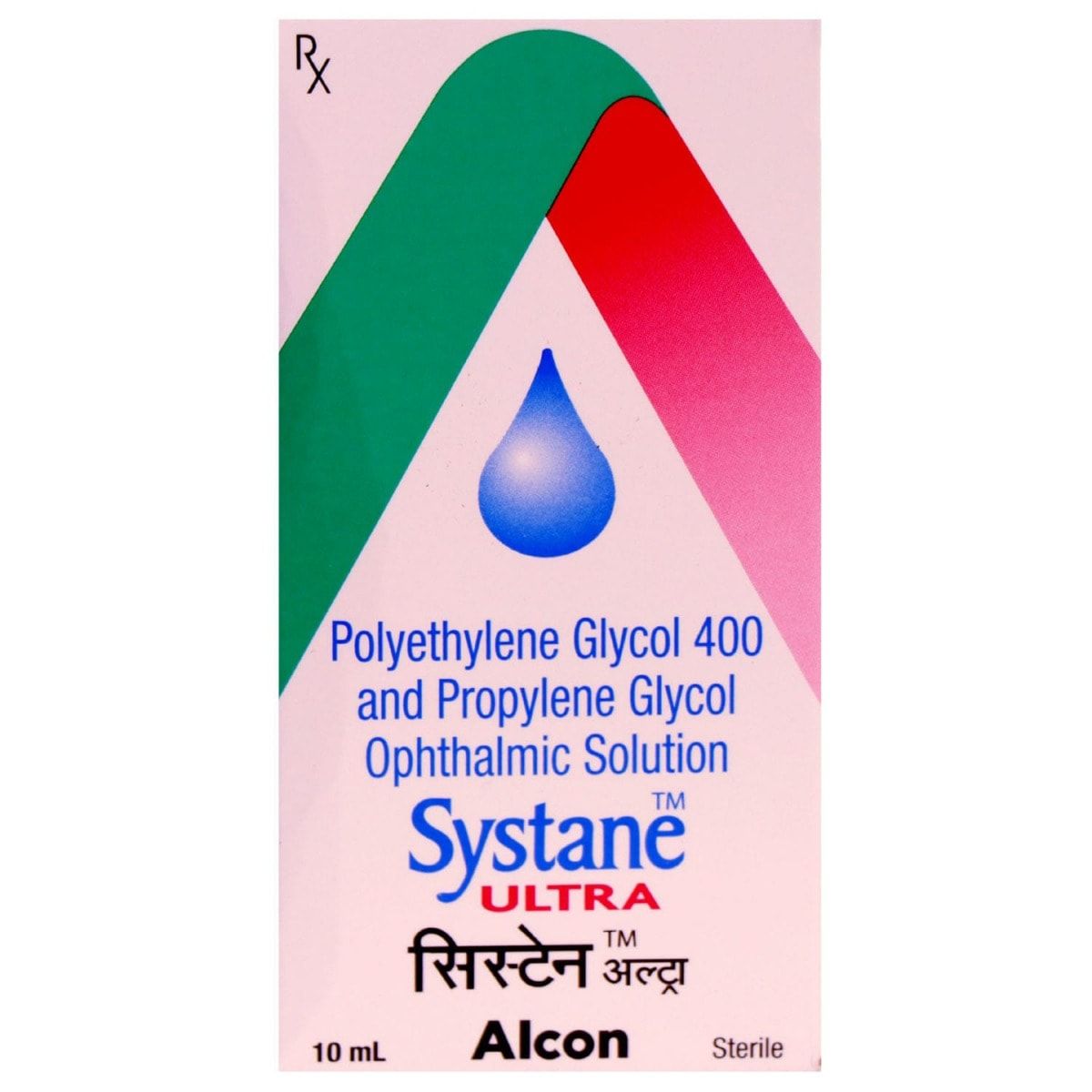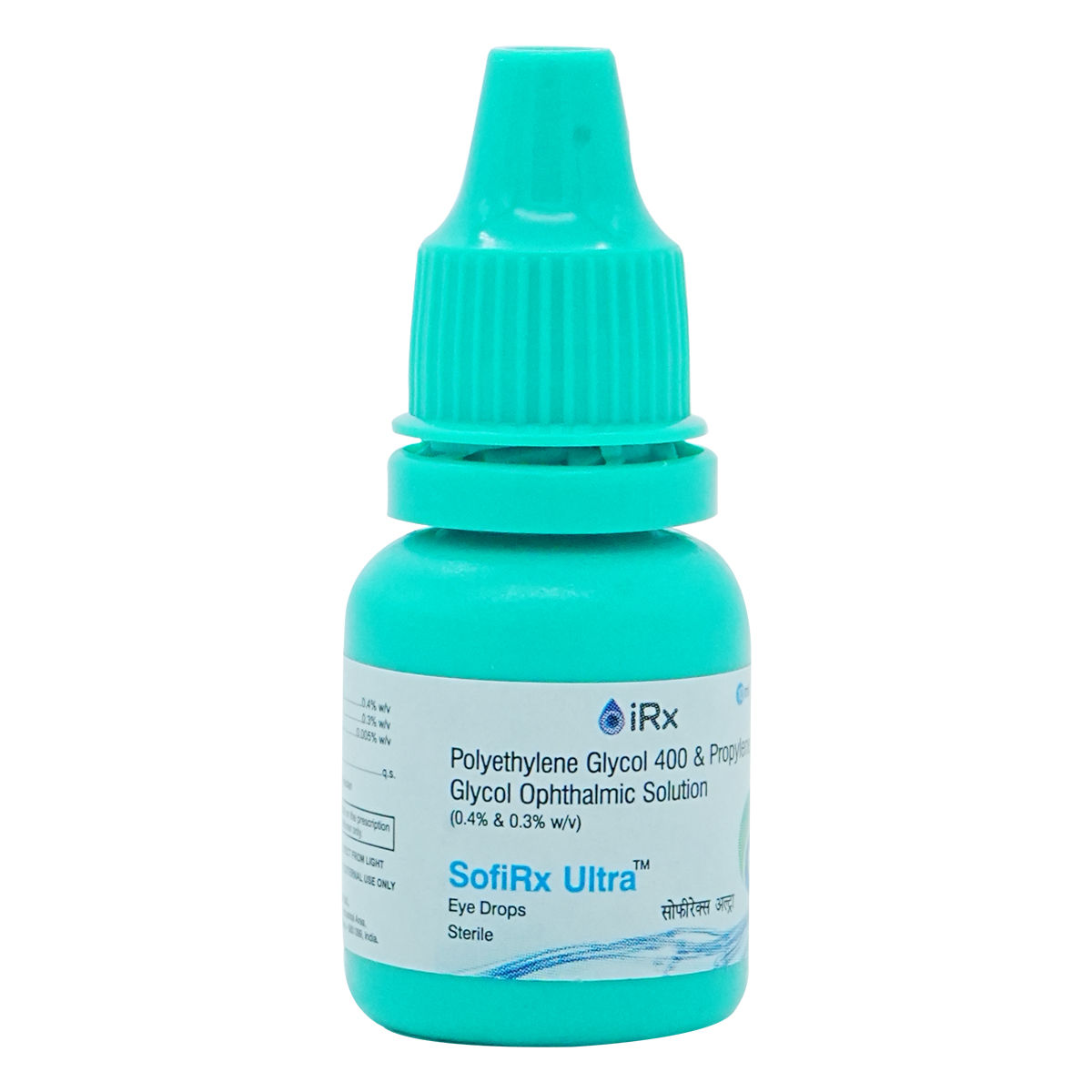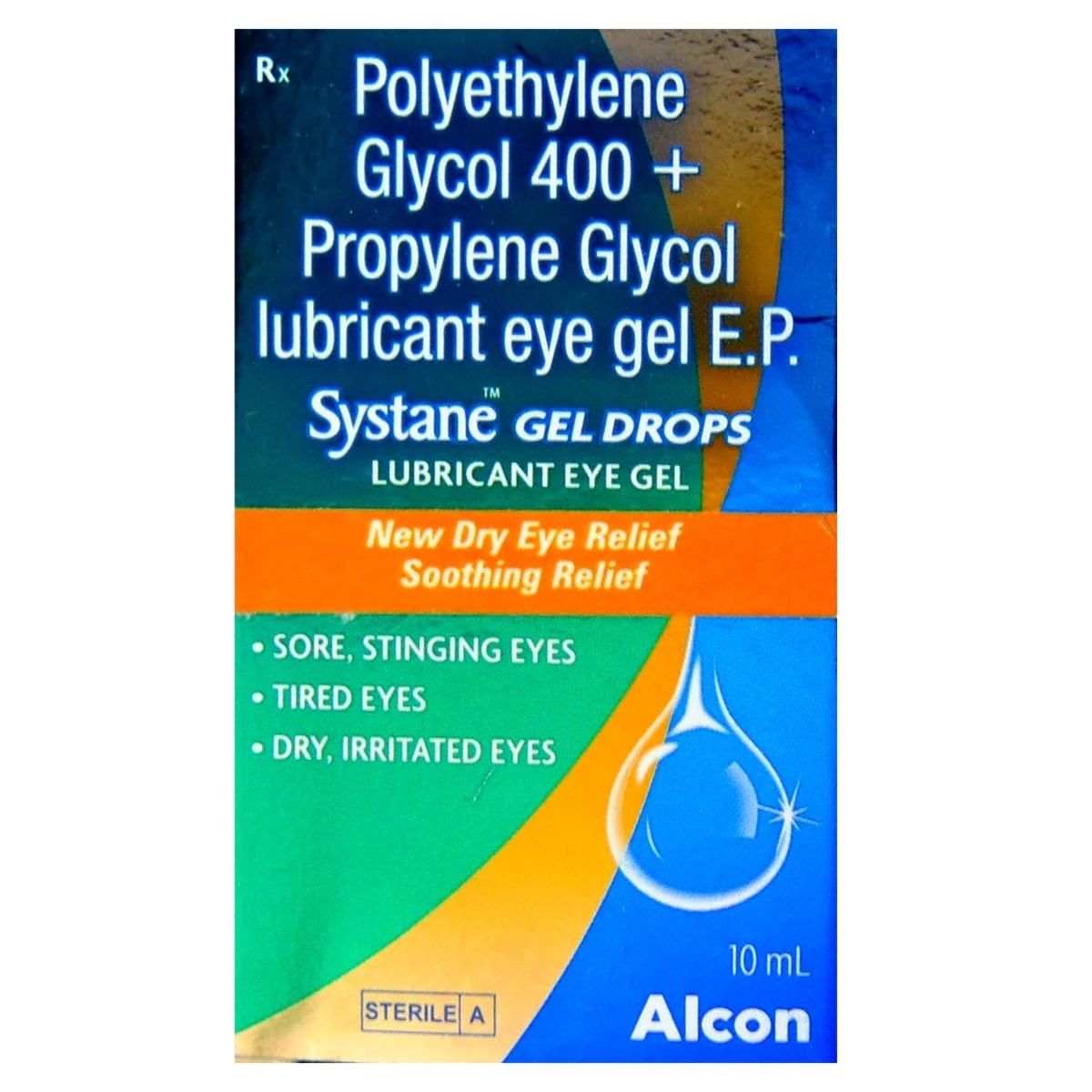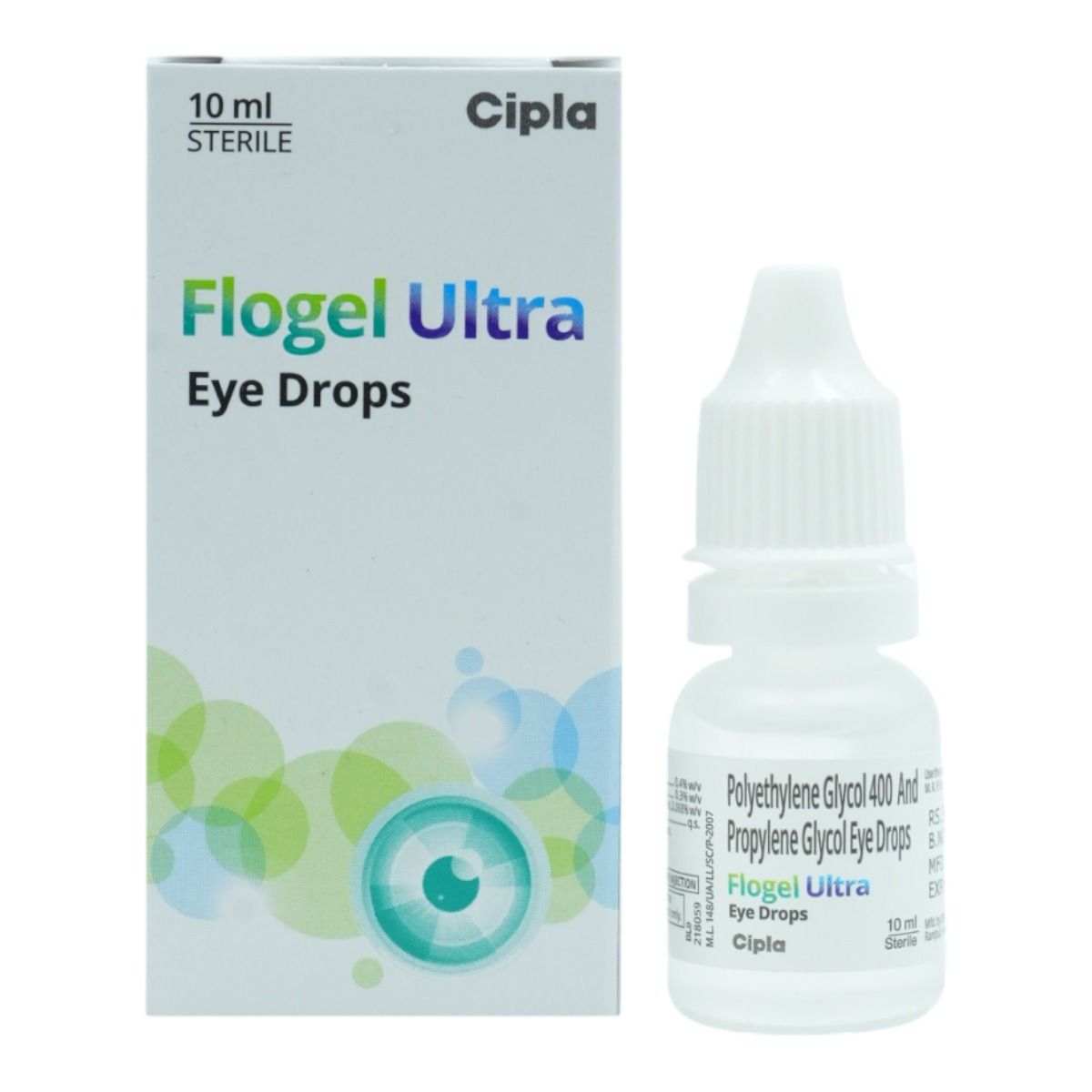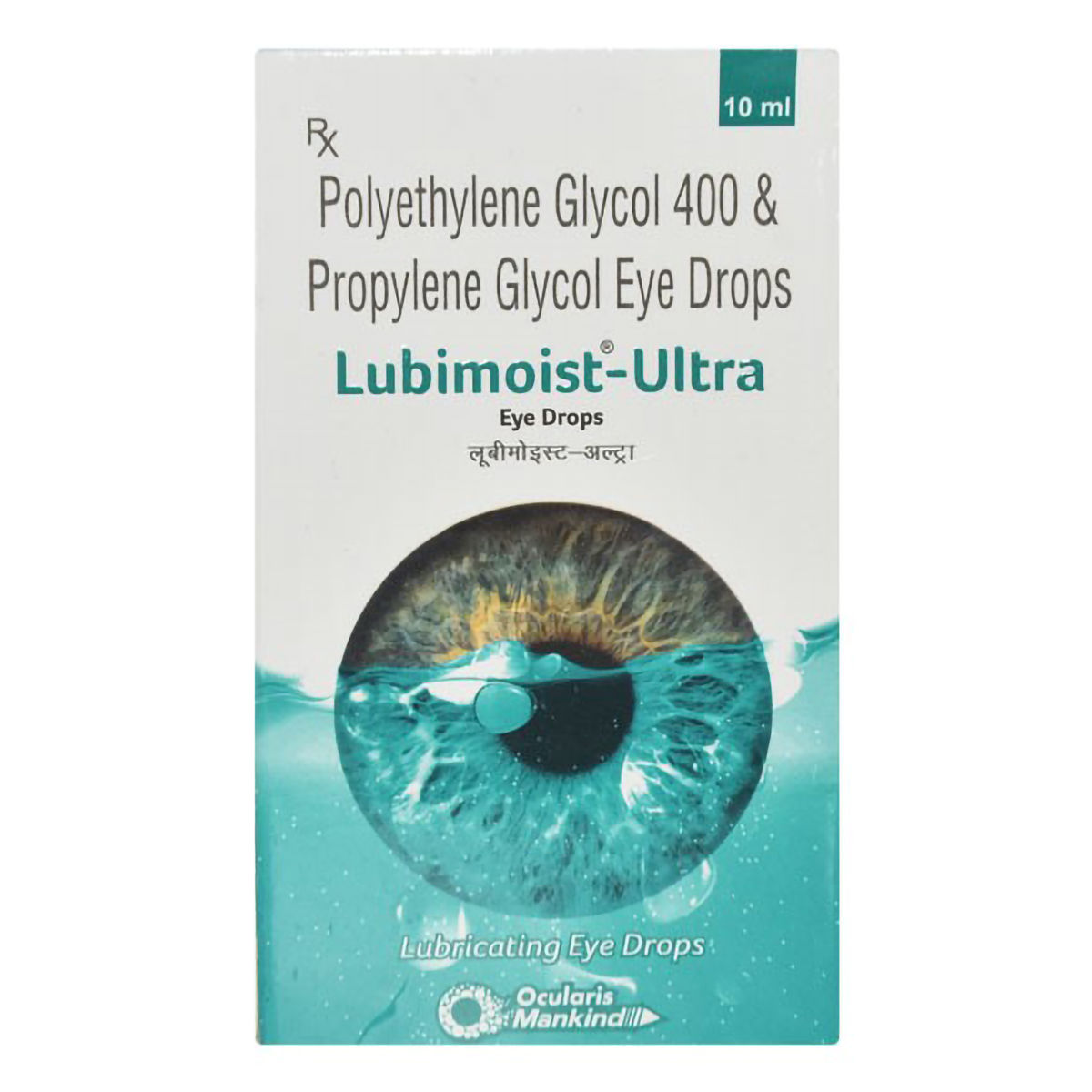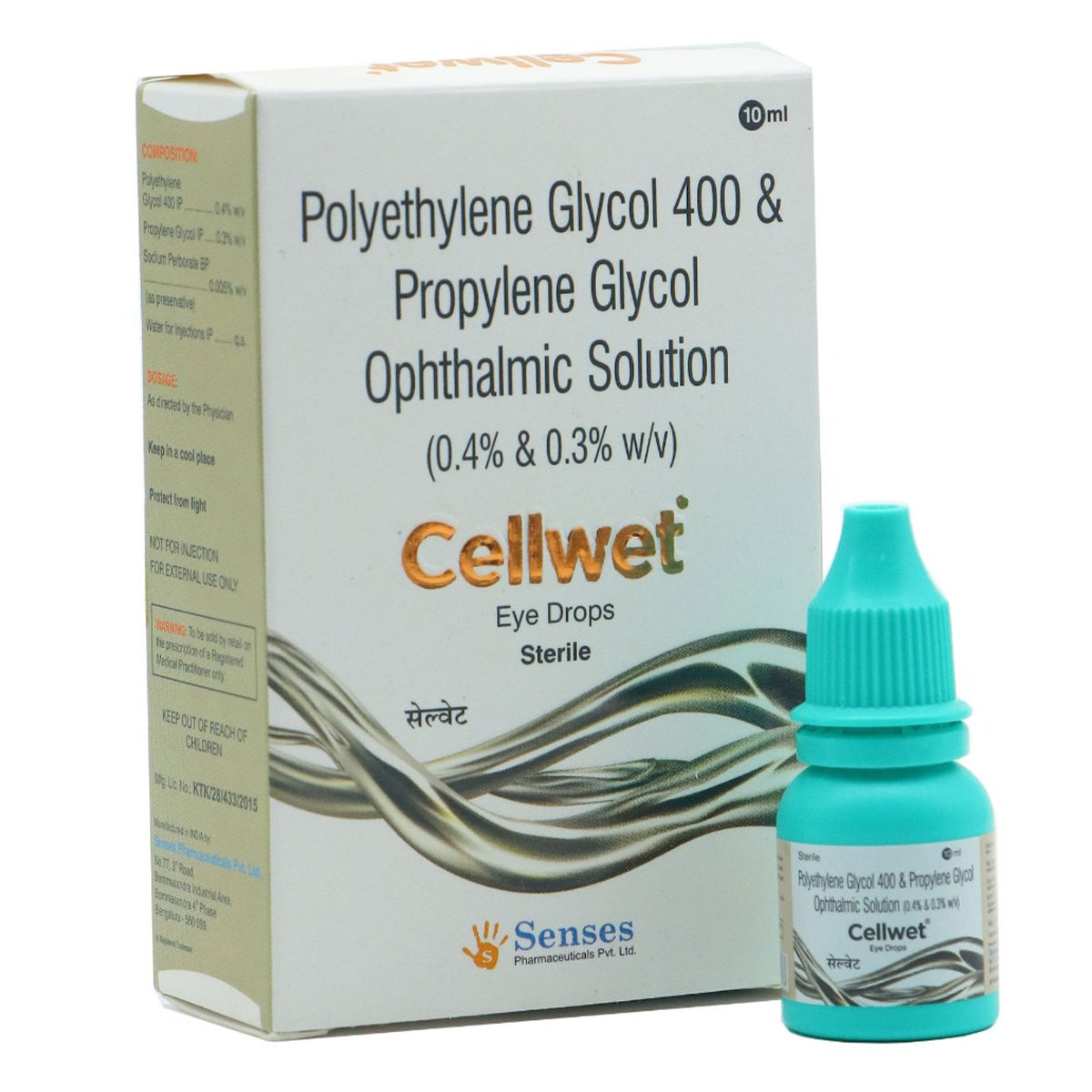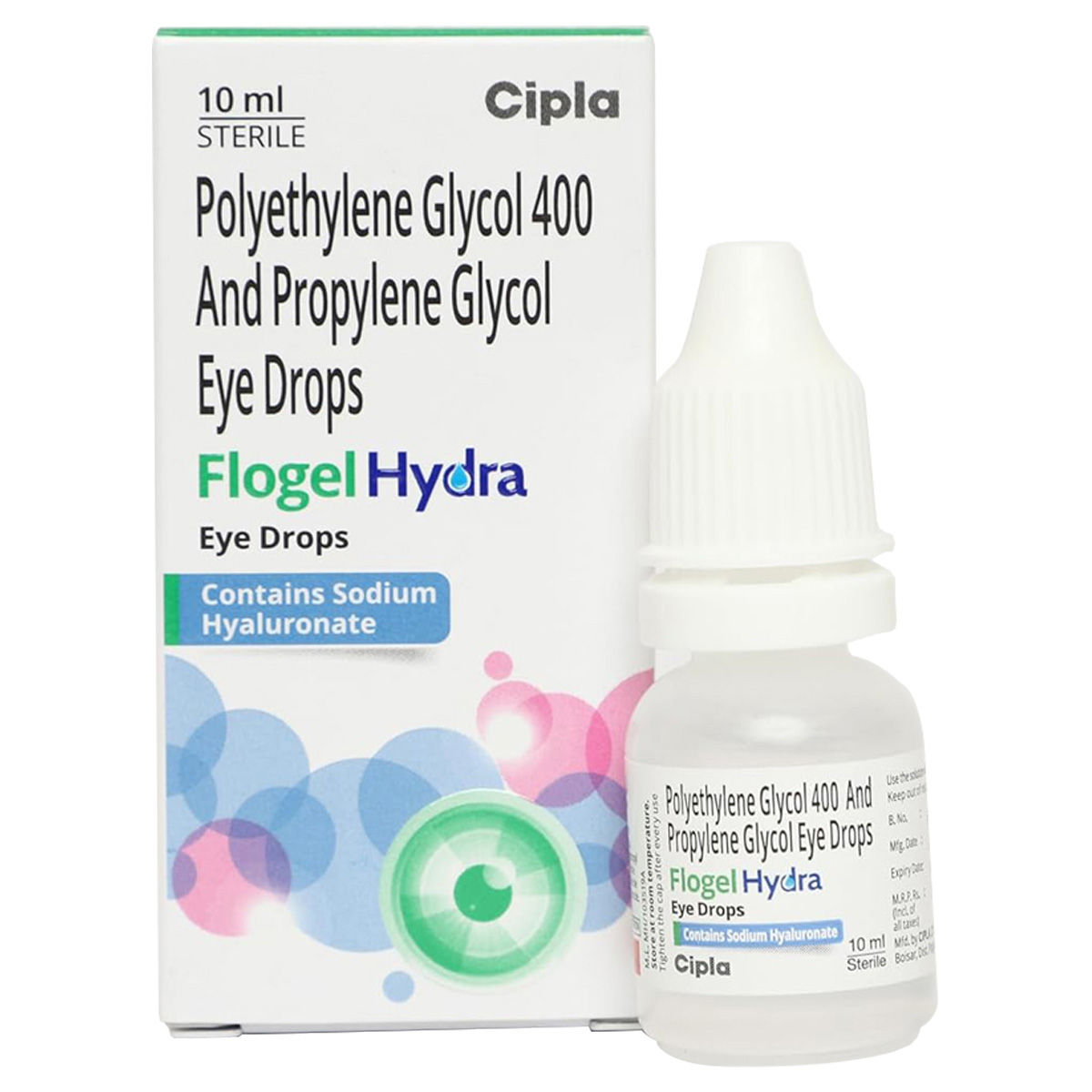Dryaid Eye Drops 10 ml
₹207*
MRP ₹230
10% off
₹195.5*
MRP ₹230
15% CB
₹34.5 cashback(15%)
Free Delivery
With Circle membership
(Inclusive of all Taxes)
This offer price is valid on orders above ₹800. Apply coupon PHARMA10/PHARMA18 (excluding restricted items)
Know Your Delivery Time
Provide Delivery Location

Whats That

Secure Payment

India's Most Trusted Pharmacy

Genuine Products
Manufacturer/Marketer :
Consume Type :
Return Policy :
Expires on or after :
About Dryaid Eye Drops
Dryaid Eye Drops belongs to the class of medications called ‘eye lubricants used to relieve symptoms of dry eyes temporarily. Dry eye is a condition commonly due to allergic eye diseases or eye infections, wind, heating/air conditioning, and certain medications.
Dryaid Eye Drops is a combination of two lubricating medicines, polyethylene glycol and propylene glycol, that help treat dry eyes. Polyethene glycol and propylene glycol work similarly to natural tears and temporarily relieve burning and irritation due to dry eyes.
Dryaid Eye Drops is available for external use only in the form of eye drops. You should take this medicine as advised by your doctor. The common side-effects of Dryaid Eye Drops are application site reactions such as burning/stinging sensation or redness in the eye, itching, irritation, and blurred vision. These side effects are usually mild and temporary. Consult your doctor if these side effects persist.
Do not take Dryaid Eye Drops if you are allergic to Dryaid Eye Drops or other contents. Before taking Dryaid Eye Drops, inform your doctor if you have glaucoma (a condition with increased pressure in the eye), ulcers in the eye, have undergone or are scheduled for eye surgery, or have any other eye problems. Inform your doctor if you are pregnant or breastfeeding.
Uses of Dryaid Eye Drops
Directions for Use
Medicinal Benefits
Dryaid Eye Drops is a combination of two lubricating medicines, polyethylene glycol and propylene glycol, that help treat dry eyes. Polyethene glycol and propylene glycol work similarly to natural tears and temporarily relieve burning and irritation due to dry eyes.
How Dryaid Eye Drops Works
Storage
Side Effects of Dryaid Eye Drops
- Itching
- Irritation
- Blurred vision
- Stinging sensation
What if I have taken an overdose of Dryaid Eye Drops
Drug Warnings
Before taking Dryaid Eye Drops, inform your doctor if you are using any other eye drops or ointment. Do not use Dryaid Eye Drops for other indications without consulting your doctor. Do not use Dryaid Eye Drops for longer than your doctor recommends. Inform your doctor immediately if you experience persistent visual disturbances while using Dryaid Eye Drops. Do not wear contact lenses while using Dryaid Eye Drops as it may affect your recovery. Inform your doctor if you experience eye pain, continued redness, or eye irritation or if your condition worsens or persists for more than 72 hours after using the Dryaid Eye Drops.
Diet & Lifestyle Advise
- Sleep for at least six to eight hours to rejuvenate your eyes naturally.
- Wash your eyes with clean water at least two to three times a day.
- Manage stress, eat healthily, drink plenty of water, exercise regularly, and get plenty of sleep.
- Avoid alcoholic beverages as they can make you dehydrated and affect your sleep. This effect can also affect your body’s ability in fighting off infections.
- Reduce screen time (by avoiding watching tv, or phone) and use sunglasses while going out into the sunlight.
Habit Forming
Therapeutic Class
Dryaid Eye Drops Substitute

Systane Ultra Eye Drops 10 ml
₹59.10per tabletNormo Tears Eye Drop 10 ml
₹42.12per tabletSofirx Ultra Eye Drop 10 ml
₹40.95per tabletSystane Gel Drop Lubricant Eye Gel 10 ml
₹56.79per tabletFlogel Ultra Eye Drops 10 ml
by AYUR
₹48.30per tablet
Product Substitutes
Alcohol
Caution
It is advised to avoid alcohol intake during the course.
Pregnancy
Consult your doctor
Dryaid Eye Drops can be used in pregnant women only when advised by a healthcare professional.
Breast Feeding
Caution
Dryaid Eye Drops can be used in breastfeeding mothers only when advised by a healthcare professional.
Driving
Caution
Dryaid Eye Drops may cause vision problems. So, avoid driving or operating heavy machinery until your vision clears.
Liver
Consult your doctor
Dryaid Eye Drops can be used in patients with liver diseases when advised by an ophthalmologist.
Kidney
Consult your doctor
Dryaid Eye Drops can be used in patients with kidney diseases when advised by an ophthalmologist.
Children
Caution
Dryaid Eye Drops can be used in children only when advised by an ophthalmologist.
FAQs
Country of origin
Disclaimer
Author Details
We provide you with authentic, trustworthy and relevant information






